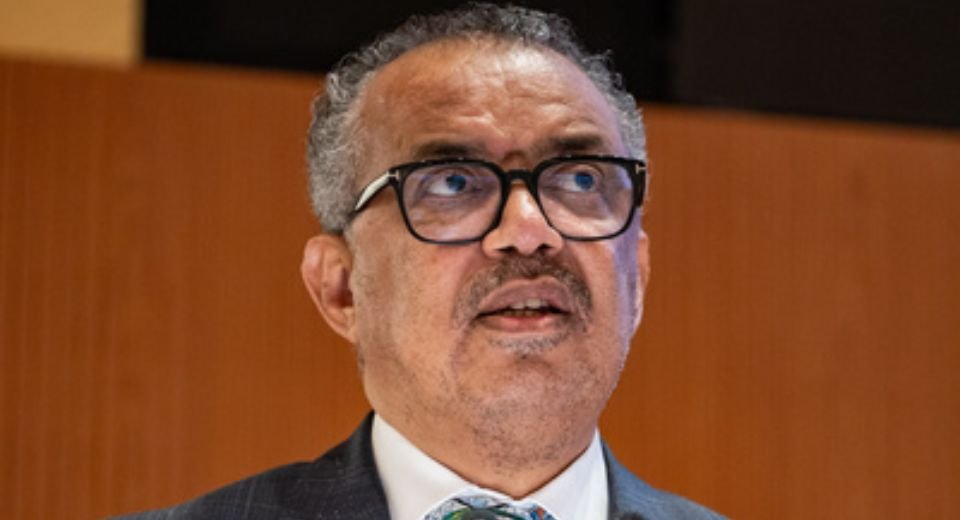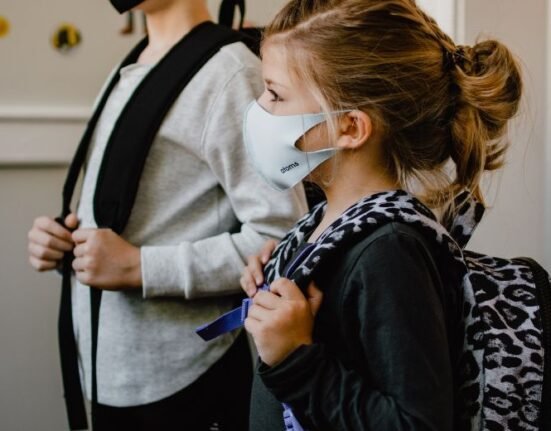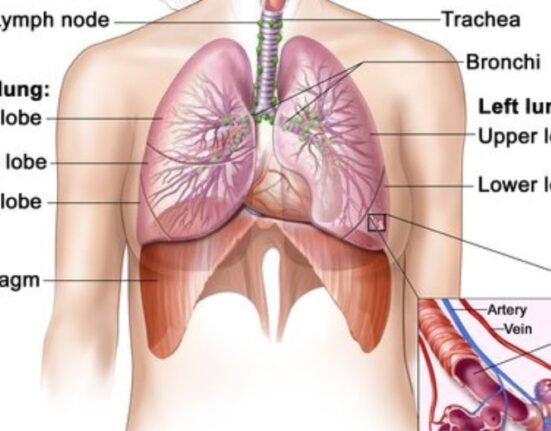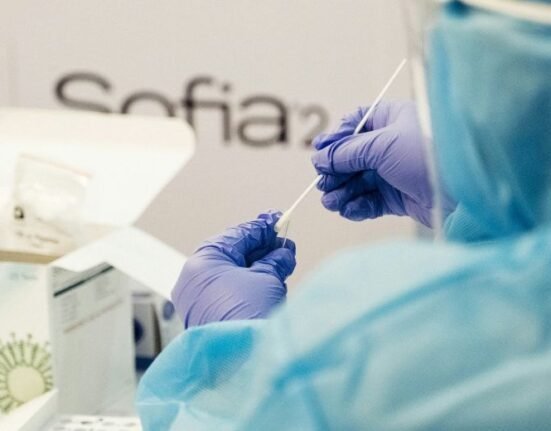HQ Team
June 3, 2024: Negotiations at reaching a global accord to help fight pandemics better will conclude by 2025 or “earlier if possible at a special session of the World Health Assembly in 2024,” according to the World Health Organization.
“There was a clear consensus amongst all member states on the need for a further instrument to help the world better fight a full-blown pandemic,” said Precious Matsoso of South Africa, Co-Chair of both the Pandemic Accord Intergovernmental Negotiating Body.
The strengthening of the International Health Regulations, which are legally binding for member states, provides “powerful momentum to complete the Pandemic Agreement, which, once finalised, can help to prevent a repeat of the devastation to health, societies and economies caused by COVID-19,” WHO Director-General Tedros Adhanom Ghebreyesus said.
The WHO’s 194 member states decided to extend the mandate of the Intergovernmental Negotiating Body, established in December 2021, to finish its work to negotiate a Pandemic Agreement within a year, by the World Health Assembly in 2025.
Rich vs poor
Divisions between the rich and poor countries on vaccine-sharing and preparedness have led to a deadlock in the talks which ended on June 1.
“Countries agreed to continue negotiating the proposed Pandemic Agreement to improve international coordination, collaboration and equity to prevent, prepare for and respond to future pandemics,” according to a WHO statement.
Amendments to the International Health Regulations (IHR) approved by member states include a new definition of a pandemic emergency to trigger more effective international collaboration in response to events at risk of becoming or have become a pandemic.
The pandemic emergency definition represents a higher level of alarm that builds on the existing mechanisms of the IHR, including the determination of public health emergency of international concern.
Ebola, Zika to Covid-19
“The experience of epidemics and pandemics, from Ebola and Zika to COVID-19 and mpox, showed us where we needed better public health surveillance, response and preparedness mechanisms around the world,” said Dr Ashley Bloomfield of New Zealand, Co-Chair of the Working Group on Amendments to the IHR (WGIHR), and of the Drafting Group that guided the negotiations of the package of amendments during the WHA.
“Countries knew what had to be done and we did it,” he said.
Dr Tedros said: “The historic decisions taken today demonstrate a common desire by Member States to protect their own people, and the world’s, from the shared risk of public health emergencies and future pandemics.”








